Kensington Compost Hub creating positive environmental change
After seeing a rise in compost material coming back into the hub, the Kensington Town Hall Compost Hub (KTHCH) has resumed Sunday sessions for volunteers to come together.
The sessions have been starting consistently from 11am for the past few weeks, with a core group of up to 10 volunteers regularly involved in the running of the space.
The increase in the service being needed is a positive development for KTHCH after the past couple of years saw the filling up of the compost bays start to slow down due to the pandemic and the council offering a Green Waste Collection service.
While KTHCH believes Green Waste collection does have a place, compost hub committee member Dave Goodman said the service was still dependent on the use of high energy sources.
“Community composting is basically powered by humans and it doesn’t generate the same waste that is generated through the plastic [wheelie] bins we put on the side of the road each week that break, need to be replaced, and go to landfill,” Mr Goodman said.
“I am a huge believer in local composting because you are keeping nutrients for growing food in your own community and that supports food growing and it supports community gardens.”
“I think we are a key part of Kensington because we also create opportunities for people to interact and share places in the community together.”
The Kensington Compost Hub, alongside the Stockyard Food Garden, were officially launched in mid 2018 with an impressive crowd of 150 people there to commemorate the positive initiative in the suburb.
The beginning of the hub and garden started from a proposal put forward by the City of Melbourne earlier that year after a call went out for expressions of interest to be submitted.
Mr Goodman was involved from the very beginning of the discussions, and said the idea of setting up both the garden and the hub was ideal because they “complemented each other” and provided a “closed loop food system” in Kensington.
The start of KTHCH came with some funding from the council which allowed for the hub to have its very own employed compost worker for three to four hours per week, to turn the compost piles and train people up.
After six months of having the employed worker on site the funding ran out and was not renewed, leaving KTHCH to become a site relying solely on volunteers.
Despite the change, Mr Goodman said the volunteers were able to rally together and continue to successfully manage the site with as many as “400 people signing the online form” to express interest in being involved before the pandemic.
This interest soon tapered off with lockdowns, but there has continued to be ongoing support for the hub from volunteers across Kensington’s community gardens, neighbourhood houses and centres, and Town Hall.
Confident they are back on track in making a positive impact in Kensington after turning two full batches of compost in recent weeks, KTHCH volunteers have been busy repainting signage and instructions around the site for newcomers.
“What draws me to the hub is that we are able to provide an opportunity for people to have a positive environmental impact that just wouldn’t exist if we didn’t support local composting,” Mr Goodman said. •
For more information: jotform.com/kensingtoncomposthub/registration

The Movement Refinery: 20 years and still going strong


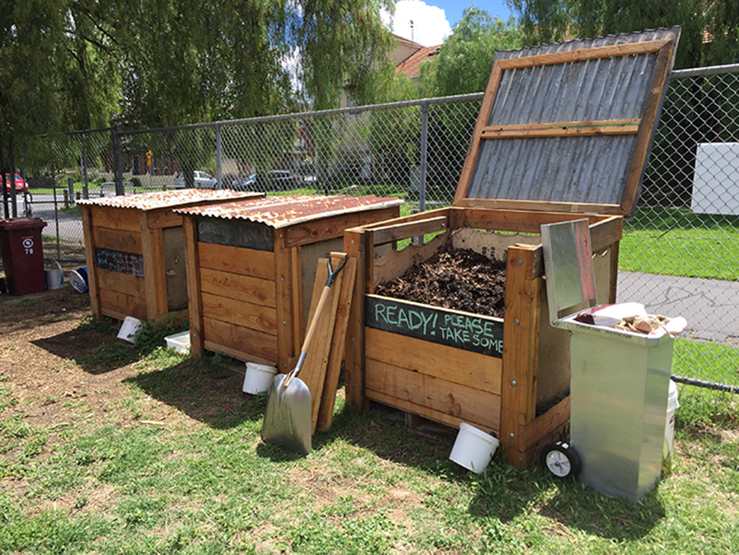
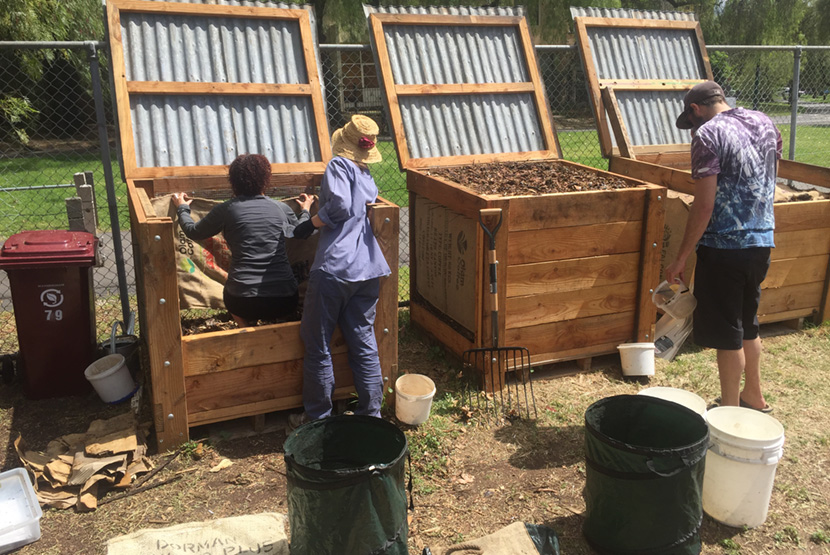
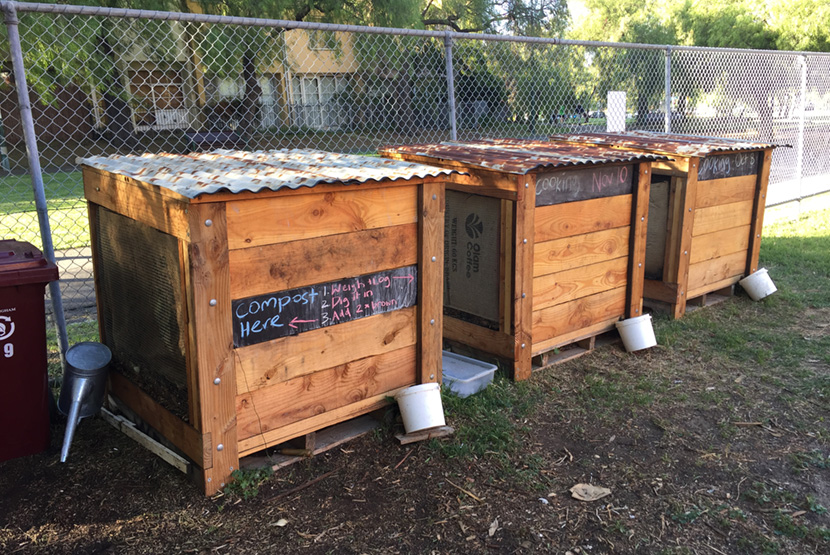
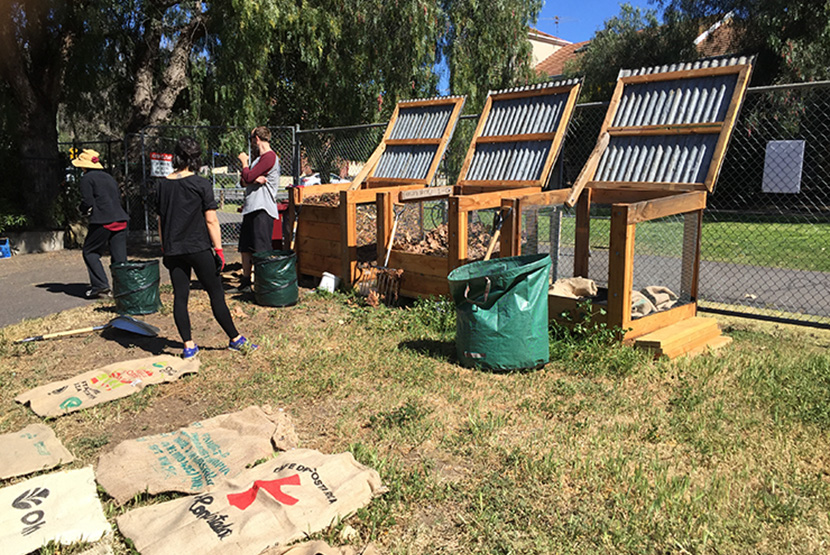
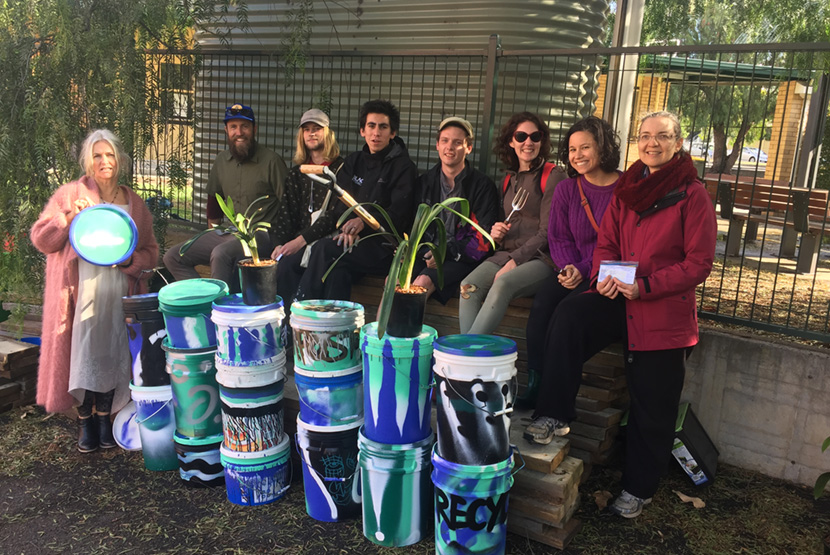

 Download the Latest Edition
Download the Latest Edition